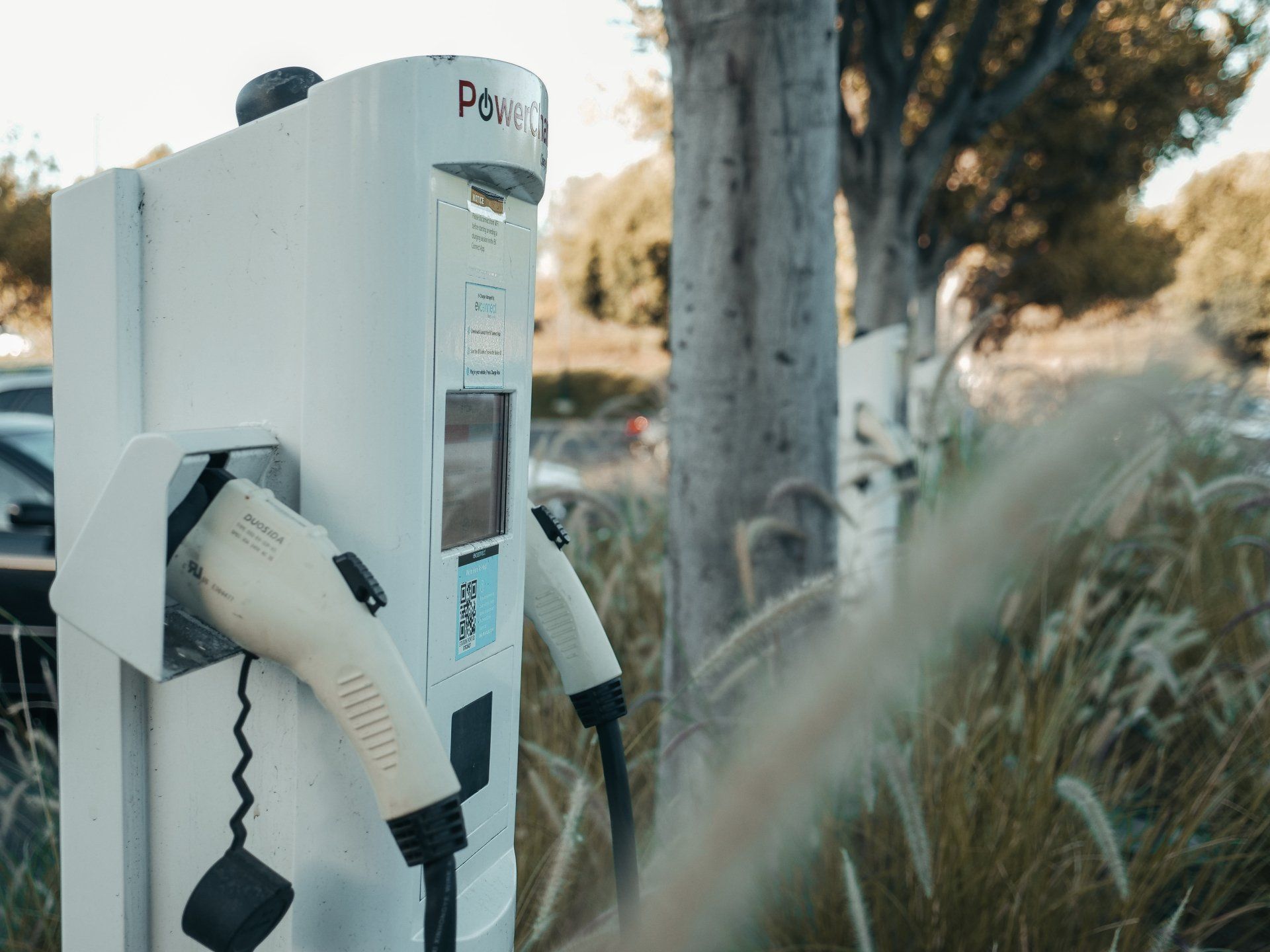Substantiating Business Expenses: A Primer
Businesses can generally deduct their “ordinary and necessary” business expenses. But even if an expense is legitimate, it’s not deductible unless it’s adequately substantiated. Typically, substantiation requires proof of payment and evidence showing the character and deductibility of the expenditure. Proof of payment may include canceled checks, bank statements, credit card statements or invoices marked “paid.” You can establish the character and deductibility of an expense with items such as sales slips, invoices, receipts, payment acknowledgements and check registers. A canceled check may also suffice if it indicates the nature of the expense.
If a business is unable to fully substantiate an expense, the courts have some leeway to approximate deduction amounts, provided the business presents sufficient evidence to support an estimate. This approach isn’t available, however, for expenses that are subject to heightened substantiation requirements.
Strict requirements
The tax code imposes stricter substantiation requirements for some expenses, including business travel, business meals, business gifts and expenses related to “listed property,” such as passenger automobiles. To substantiate these expenses, a business must keep “adequate records” — or “sufficient evidence corroborating the taxpayer’s own statement” — establishing:
- The amount of the expense,
- The time and place the expense was incurred,
- The business purpose of the expense, and
- If applicable, the business relationship with the person or persons receiving the benefit (e.g., a meal or a gift).
Examples of adequate records include contemporaneous logs, diaries, account books, trip sheets and expense statements.
Case in point
A recent U.S. Tax Court case — Wolpert v. Commissioner — illustrates the dangers of failing to substantiate business expenses. In that case, the court disallowed a consultant’s vehicle and travel expenses because he failed to adequately substantiate those expenses with contemporaneous records or other corroborative evidence. The court noted that to deduct vehicle expenses, a taxpayer must substantiate the amount of the expense (or, alternatively, use the standard mileage rate), the business and total mileage, and the date and purpose of each business use. Although the taxpayer provided mileage logs and calendars documenting some of this information, it was unclear whether these records were maintained contemporaneously or prepared after the fact. Moreover, even assuming they were contemporaneous, they failed to state the business purpose of each trip or the vehicle’s total mileage.
With regard to travel expenses, the taxpayer failed to provide adequate records or sufficient corroborative evidence establishing travel dates, destinations, business purpose or the number of days spent on business.
Don’t lose your deductions
To avoid disallowance of your legitimate costs of doing business, be sure your business has processes in place to substantiate those expenses. Keeping contemporaneous records can be challenging, but technology can help. There are a variety of smartphone applications and other programs that will track and categorize expenses or mileage, store digital receipts, and synchronize expenses with your accounting system.
This material is generic in nature. Before relying on the material in any important matter, users should note date of publication and carefully evaluate its accuracy, currency, completeness, and relevance for their purposes, and should obtain any appropriate professional advice relevant to their particular circumstances.


Subscribe to Our Newsletter
Receive a digest of articles published by our thought leaders in your inbox.
Subscribe to Get Our Special Offers
Thanks for subscribing. You'll be the first to hear about new items and special offers.
Please try again later.
Resources
Meyers Brothers Kalicka, P.C. | Privacy Policy







